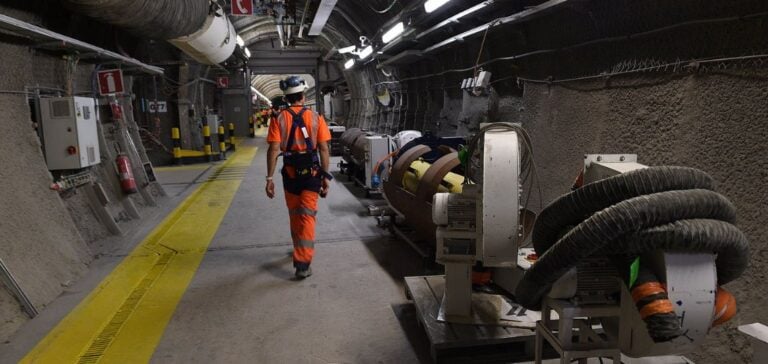The French Nuclear Safety Authority (ASN) and the Institute for Radiation Protection and Nuclear Safety (IRSN) have judged the data provided by the French National Radioactive Waste Management Agency (Andra) to be sufficient to continue investigating the case. This initial positive assessment confirms the soundness of the work Andra has been carrying out for 30 years on this controversial but essential project.
In particular, the experts praised the quality of the geotechnical and hydrogeological analyses carried out on the Bure site in the Meuse region, which was selected as the site for the underground storage facilities following in-depth studies. This instruction follows a decision by the French Constitutional Council in 2023.
Significant progress, but challenges remain
While ASN considers the geotechnical and hydrogeological analyses to be generally satisfactory, the nuclear watchdog stresses the need to take greater account of the potential impact of climate change on above-ground facilities. What’s more, the test program planned for the industrial pilot phase, which is crucial for validating the final technical aspects, has yet to be fully detailed.
IRSN also points to the need for further studies to ensure that Cigeo can effectively accommodate waste from future new-generation nuclear reactors planned by the French government, such as the EPR2. For the time being, only the capacity to store waste from the current fleet and the 6 planned EPR2s has been confirmed.
Timetable takes shape despite challenges
Towards the beginning of 2025, the ASN and IRSN, which will then be merged into a single entity, will give their opinion on Cigeo’s operational safety, a crucial point for the project’s continuation. This new assessment will mark a decisive step forward, enabling Andra to envisage the start of construction work in 2027.
Commissioning of the storage facility for the least radioactive waste (long-lived intermediate-level waste) is scheduled for 2035-2040. On the other hand, the disposal of high-level waste, which is more complex to implement, would not take place until 2080-2090 according to the current schedule.
Despite the major technical challenges still to be met and the protests of some members of civil society, Andra is confident in the measures already taken to ensure maximum safety for this unprecedented project, which is essential for the long-term management of the most dangerous nuclear waste produced in France.





















